Alarm : Each person consumes 1.3 liters of sugary drinks per week
According to Euromonitor, consumption of sugary drinks in Vietnam is increasing rapidly. In 10 years (2013-2023), the consumption of this type of drink has nearly doubled.
Per capita consumption even increased by 350%, from 18.5 liters/person/year to 66.5 liters/person/year, equivalent to about 1.3 liters per person per week.
It is estimated that on average, each Vietnamese person consumes about 18g of sugar per day from these drinks. This figure accounts for 36% of the maximum recommended by the World Health Organization (WHO) for adults.
This shows the potential health risks of excess sugar consumption.
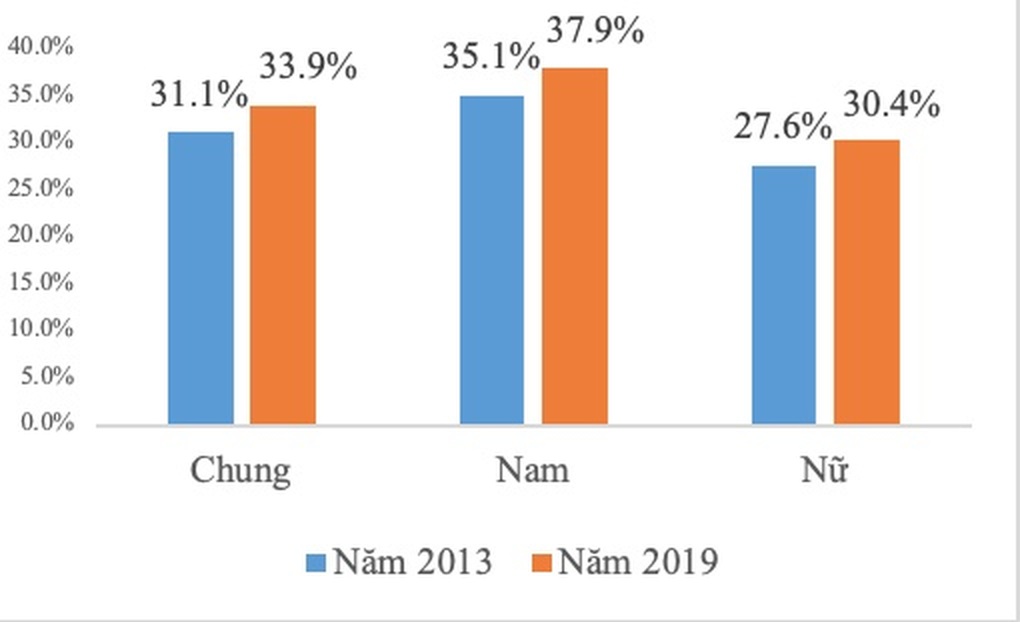
Percentage of 13-17 year old students who regularly drink soft drinks at least once a day.
Euromonitor's forecast shows that, without effective control measures, sugary beverage consumption in our country will continue to increase by an average of 6.4% per year from 2023 to 2028, equivalent to a total increase of 36.6% in the next 5 years.
This increases the risk of non-communicable diseases such as overweight, obesity and diabetes.
Over the past 10 years, along with the doubling of beverage consumption, the rate of overweight and obesity in school children aged 5-19 has also doubled. In adults, the rate of overweight and obesity has increased by 30% in 6 years.
Not only in Vietnam, research in 75 countries around the world also shows that consuming sugary drinks increases the risk of obesity by 18%, increases the risk of high blood pressure by 12%, increases the risk of type 2 diabetes by 29%, and increases the risk of metabolic syndrome by 29%.
Dr Angela Pratt, WHO Representative in Vietnam, said there was strong evidence that people who regularly consume sugary drinks face an increased risk of type 2 diabetes, heart disease, stroke and cancer.
This habit is also linked to weight gain and obesity in children and adults, major risk factors for many diseases, especially harmful to children's health.
WHO therefore recommends imposing taxes on sugary drinks to increase their prices and reduce consumption. This measure is particularly effective in changing the habits of children and adolescents, who are more affected by price.
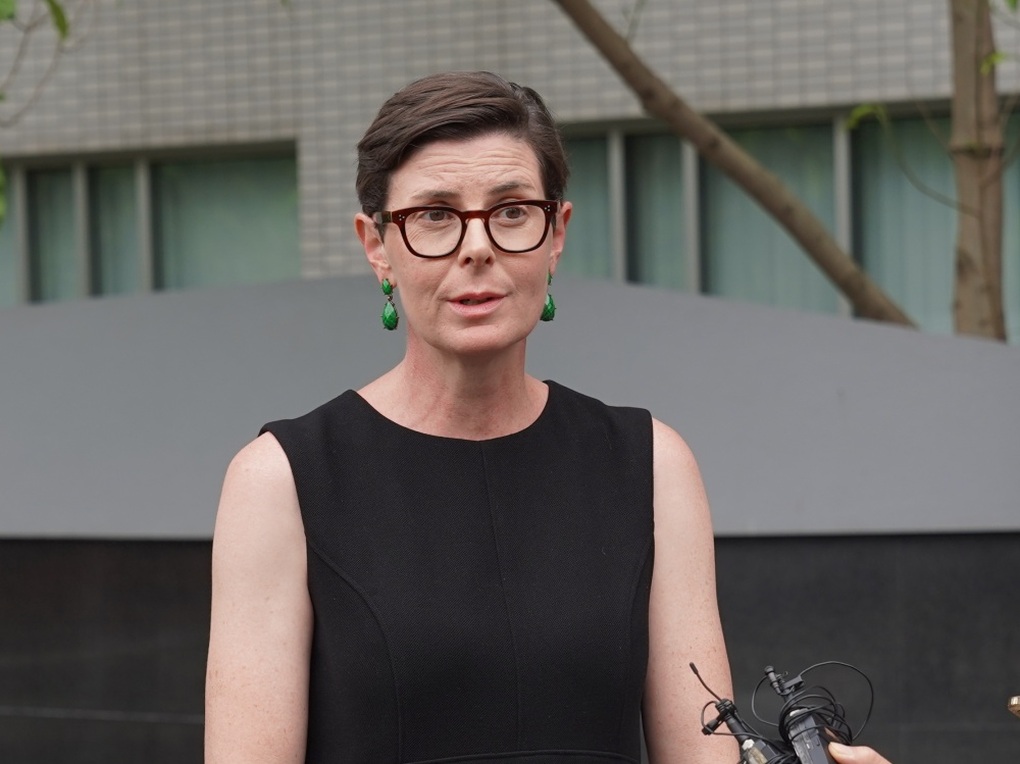
Dr. Angela Pratt, WHO Representative in Vietnam (Photo: TT).
Ministry of Finance proposes to impose 8% tax rate on sugary soft drinks
The draft revised Law on Special Consumption Tax this time includes sugary soft drinks according to Vietnamese standards in the taxable list, expected to be around 10%. The Ministry of Finance has also presented a roadmap to extend the application period to 8% in 2027 and 10% from 2028.
Many experts believe that the proposed tax rate of 8% is very low, only 1/5 of the WHO recommendation, so it cannot be adjusted any lower. This will have little effect on controlling and reducing consumption.
In fact, the 8% tax rate as drafted only serves to warn consumers that this is a product that is harmful to health, and has little effect on reducing consumption.
Based on scientific evidence, WHO has recommended that to reduce sugar consumption from sugary drinks sufficiently to prevent obesity and related health problems, taxes on sugary drinks should ensure an increase in retail prices of at least 20% (equivalent to 40% of the taxable price).
In Vietnam, research by the University of Public Health has shown that if taxes are imposed to increase retail prices as recommended by WHO, the rates of overweight and obesity can be reduced by 2.1% and 1.5% respectively, preventing 80,000 cases of diabetes, saving the health system nearly 800 billion VND.
Worldwide, at least 108 countries have imposed excise taxes on sugary drinks, and six countries in Southeast Asia have also imposed taxes on this product.
In the presentation of the Report on explanation, acceptance and revision of the recently revised draft Law on Special Consumption Tax, Mr. Phan Van Mai, Chairman of the National Assembly's Economic and Financial Committee, said that this proposal is the first step in the process of implementing solutions to limit the production and consumption of products with a lot of sugar, contributing to the orientation of production and consumption.
The reason is that this is one of the main causes of overweight, obesity and diet-related non-communicable diseases.
This also institutionalizes the Party and State's policy on protecting people's health, recommendations of WHO, the United Nations Children's Fund (UNICEF) and the Ministry of Health.
Source: https://dantri.com.vn/suc-khoe/gioi-tre-va-nguy-co-suc-khoe-tu-thuc-uong-tuong-nhu-vo-hai-20250529060938254.htm


![[Photo] Prime Minister Pham Minh Chinh attends the event "Digital transformation of the banking industry by 2025"](https://vphoto.vietnam.vn/thumb/1200x675/vietnam/resource/IMAGE/2025/5/29/0e34cc7261d74e26b7f87cadff763eae)
![[Photo] Journalists moved to tears at the Memorial Service for the soldiers who died in Gac Ma](https://vphoto.vietnam.vn/thumb/1200x675/vietnam/resource/IMAGE/2025/5/30/9454613a55c54c16bf8c0efa51883456)
![[Photo] A delegation of 100 journalists from the Vietnam Journalists Association visits the soldiers and people of Truong Sa island district.](https://vphoto.vietnam.vn/thumb/1200x675/vietnam/resource/IMAGE/2025/5/30/0984a986227d4e988177f560d2e1563e)










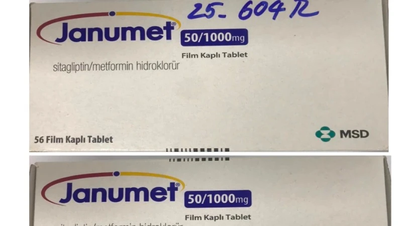









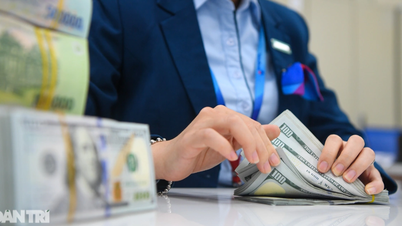
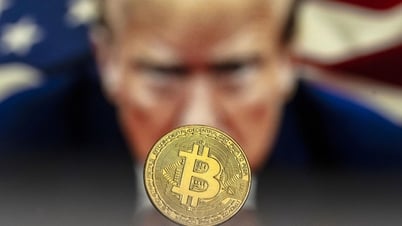




























































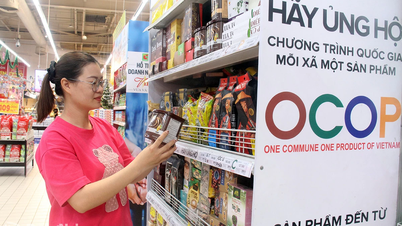

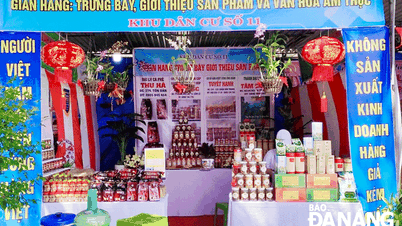






Comment (0)